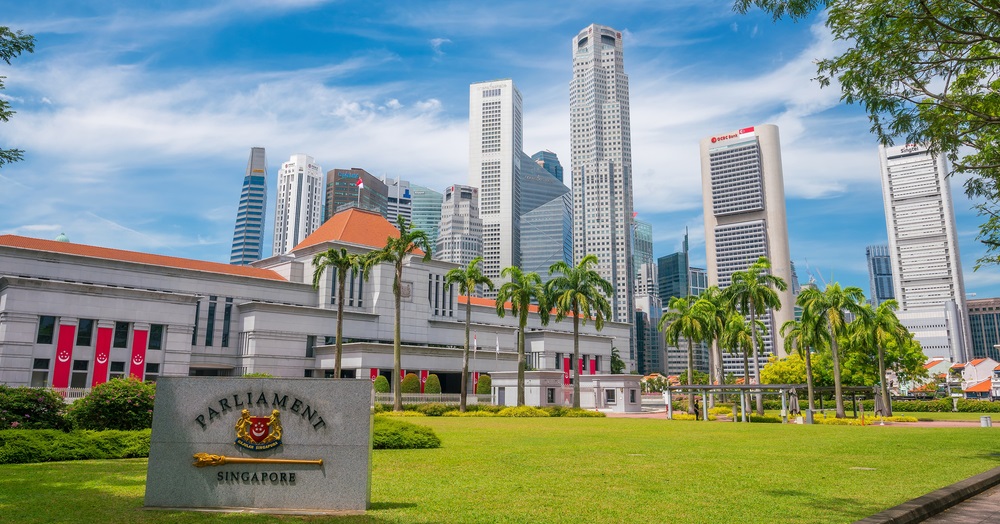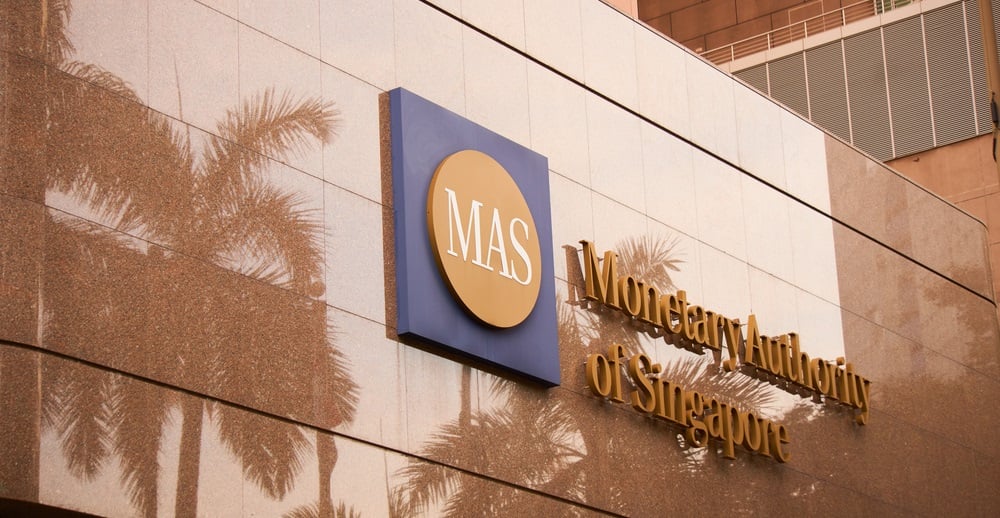
The Monetary Authority of Singapore (MAS) has announced the commencement of the city-state’s new Payment Services Act. The law mandates the implementation of a licensing regime that applies to payment providers, exchanges and other platforms dealing with cryptocurrencies. Their operators are obliged to meet anti-money laundering and counter-terrorism financing regulations.
Also read: Uzbekistan Prepares Crypto Tax Exemptions, Launches Licensed Exchange
Payment Services Bill Expands Regulatory Scope to Cover Cryptocurrencies
In a press release published Tuesday, MAS insists that the Payment Services Act (PSA) will “enhance the regulatory framework for payment services in Singapore, strengthen consumer protection and promote confidence in the use of e-payments.” The enforcement of the new law, which was adopted last year, repeals and replaces two other acts, the Money-changing and Remittance Businesses Act and the Payment Systems (Oversight) Act.

According to the announcement, the licensing framework adopted with the new legislation covers various activities, taking into account new developments in the payments sector. The scope of the monetary authority’s supervisory powers has been expanded to include what lawmakers refer to as “digital payment token services.” MAS notes that the PSA has been designed after consultations with the industry and it now plans to support their compliance efforts with legal advice. Loo Siew Yee, assistant managing director for policy, payments and financial crime at MAS, stated:
The Payment Services Act provides a forward-looking and flexible regulatory framework for the payments industry. The activity-based and risk-focused regulatory structure allows rules to be applied proportionately and to be robust to changing business models.
The MAS official believes that the PSA will facilitate growth and innovation in Singapore’s payments sector while mitigating risks for customers and promoting confidence in the offered services. By providing greater regulatory clarity, Singapore may attract more interest from global crypto businesses, some of which, such as the world’s leading crypto exchange Binance for example, already have offices there and now have to decide if they want to apply for a license.
MAS to Oversee Three Classes of Licensees
Singapore’s monetary authority will issue three types of licenses. The requirements for obtaining each of them are different and depend on the risks associated with the scope and scale of the services. The narrowest regulation will apply to “money-changing licensees,” typically small businesses offering OTC services with limited risks. “Standard payment institutions,” the second group, may provide a combination of payment services below certain thresholds and the regime for them will be relatively light to encourage innovation. “Major payment institutions,” which are the third class of licensees, will be subject to wider and stricter regulations, given the greater risks due to the scale of their operations.

Falling under the authority’s regulatory reach will now be domestic money transfers, merchant acquisition, and cryptocurrency payment, trading and exchange services. Under the bill, all providers of digital payment token services in Singapore will have to meet the country’s anti-money laundering and counter-terrorism financing requirements. The authors of the legislation have also expanded the definition of e-money to include monetary value held in e-wallets for future payment transfers between individuals and businesses.
Singapore’s Payment Services Act enters into force as governments around the world are working to amend their regulatory frameworks in order to comply with the global standards on crypto assets adopted by the Financial Action Task Force (FATF). In October, the intergovernmental organization agreed on how to assess whether countries have followed its recommendations and implemented the new standards. On Jan. 10, the European Union’s Fifth Anti-Money Laundering Directive (AMLD5) took effect and member states are introducing regulations to transpose into national law its provisions that concern crypto payment providers and exchanges among other entities.
How do you think the new Payment Services Act will affect crypto businesses in Singapore? Share your thoughts about the new regulations in the comments section below.
Disclaimer: This article is for informational purposes only. It is not an offer or solicitation of an offer to buy or sell, or a recommendation, endorsement, or sponsorship of any products, services, or companies. Bitcoin.com does not provide investment, tax, legal, or accounting advice. Neither the company nor the author is responsible, directly or indirectly, for any damage or loss caused or alleged to be caused by or in connection with the use of or reliance on any content, goods or services mentioned in this article.
Images courtesy of Shutterstock.
Do you need a reliable bitcoin mobile wallet to send, receive, and store your coins? Download one for free from us and then head to our Purchase Bitcoin page where you can quickly buy bitcoin with a credit card.
